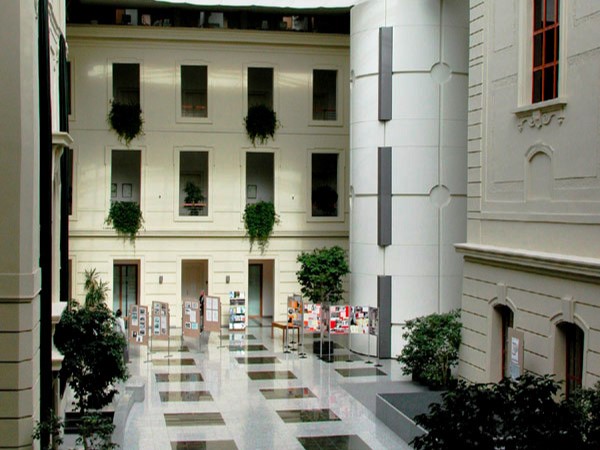The new national kidney exchange program is expected to launch later this year, significantly increasing the compatibility rate between patients and donors. Researchers from Obuda University, the Centre for Economic and Regional Studies (HUN-REN KRTK), the University of Glasgow, and the Institute for Systems and Computer Engineering, Technology and Science (INESC TEC) in Porto have developed a software called KEP-SOFT in two phases. This software identifies the most optimal kidney exchange solutions based on various factors, such as the donor’s age, blood type, and body mass index, and it also predicts how many years the transplanted kidney is likely to function reliably.
With the continuously updated algorithm of the new KEP-SOFT (Kidney Exchange Program Software), the national kidney exchange program will be launched later this year under the organization of the National Blood Transfusion Service. The founders have established four different working groups to research and develop the program, one of which is led by Dr. habil. Rita Fleiner, Director of the Institute of Cyber-Physical Systems at Obuda University.
Many European countries operate successful kidney exchange programs (KEPs), which greatly facilitate the possibility of live kidney donation. The essence of the system is that it allows patients to “exchange” their voluntary but incompatible donor with another patient in a similar situation, enabling each affected patient to receive a compatible kidney.
Until now, the implementation of this idea lacked the software infrastructure that would enable European countries to develop and operate new international KEPs. The project aims to address this issue. Initially, the program will connect to domestic databases, with plans to eventually link to international ones.
In collaboration with Obuda University, HUN-REN KRTK, and INESC TEC Porto, the University of Glasgow will establish a nonprofit company called KEP-SOFT Collaborative in the coming weeks to ensure the continuous maintenance and development of the software. Transplantation organizations will pay an annual membership fee to sustain the system, which will result in a community-based system with real societal benefits.


